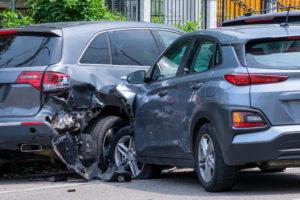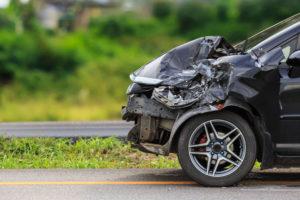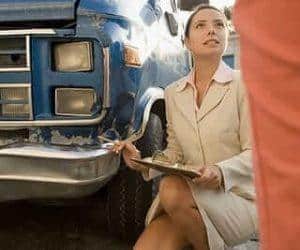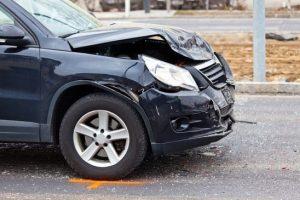
In most cases, the driver behind the wheel of the moving vehicle is at fault for hitting or scraping a parked car. As the only car in motion, they are the only one who could take direct action to cause or prevent a crash.
When a motorist stops or parks their vehicle illegally, who is at fault when hitting a parked car may not be so clear-cut. Shared fault may come into play, and the laws for handling this type of claim and financial recovery differ according to jurisdiction. Each state sets its own rules for this.
The Driver in Motion Is Generally Primarily Liable
Fault determinations following a traffic accident require proving negligence. There are four factors used to prove that a driver was negligent:
- They had a duty to behave in a certain way, in this case, driving in a way to prevent accidents.
- They failed to uphold their duty.
- Their failure directly caused a crash.
- The victim suffered financial harm. In some cases, they may suffer injuries and psychological damages, as well.
In many of these parked car accidents, the driver who hit the parked vehicle acts carelessly or recklessly. Whether they are speeding, distracted, or drunk, they failed to follow basic traffic rules, leading to an accident.
Since the other vehicle is not in motion—and the driver may not even be in the car—it is unlikely that this motorist is primarily liable for this type of collision.
For a free legal consultation, call 800-537-8185
Shared Liability May Exist If the Other Driver Illegally Parked Their Car
In some cases, both the driver of the moving vehicle and the person who parked the other car may share liability in an accident. This usually occurs when the person driving the parked car stopped or parked illegally. This could include:
- Not pulling entirely off the roadway
- Parking in a fire lane
- Not parking in a legal spot
However, the driver in the moving vehicle generally still carries the bulk of the legal responsibility. They may be liable for damages suffered by the owner or occupants of the parked car. How shared fault affects a case legally depends greatly on the state where the accident occurred. Each state has a “comparative fault” or “contributory negligence” precedent or statute that determines what happens when more than one person is legally liable for an accident.
Most states have some form of law that allows you to recover damages proportional to your share of the responsibility for the accident. However, some do not allow those more than 51 percent at fault to sue, and others do not allow you to recover financially if you contributed to the crash at all.
For example:
Alabama
Alabama is one of only four states (and Washington, D.C.) with a “pure contributory negligence” law. This case law bans you from receiving any compensation if you were at fault at all in an accident, even if you were only one percent at fault. This was affirmed in Golden v. McCurry (1980).
Arkansas
Like most other states, Arkansas recognizes a modified comparative fault statute, Ark. Code Ann. § 16-64-122. Under this law, you can recover proportional damages as long as you are less than 50 percent at fault.
Louisiana and Mississippi
Louisiana (La. Civ. Code Art. 2323) and Mississippi (Miss. Code Ann. § 11-7-15) allow anyone to sue and recover damages in a crash. However, their payout will go down in proportion to their fault. For example, if the court determined you were 20 percent liable for a collision, you can only recover 80 percent of the value of your damages.
How to Recover Compensation for the Damages You Suffered
If you were the victim of this type of incident, you may want to work with a personal injury law firm to help you with your case. This is especially true if you were in your vehicle when the crash occurred and suffered injuries.
If you hit a parked car, comparative negligence laws could limit how much you owe. The police, insurance companies, and possibly attorneys will all conduct investigations to determine liability.
In general, you may be able to recover damages by filing a claim with the at-fault driver’s insurer or your own collision coverage. If you cannot reach a fair settlement, suing in civil court may be necessary. There are time limits on how long you can wait, though. Get started as soon as possible to prevent running out of time.
Click to contact our personal injury lawyers today
Speak with Morris Bart, LLC, Today for Free
The Morris Bart law office provides free case reviews for car accident victims across Alabama, Arkansas, Louisiana, and Mississippi. Our 15 locations offer legal services, representation, and help pursuing the compensation you need. We are a contingency fee firm.
Call (800) 537-8185 now to get started with your complimentary consultation with our team.
Questions?Call 800-537-8185
to find a Morris Bart office near you.





